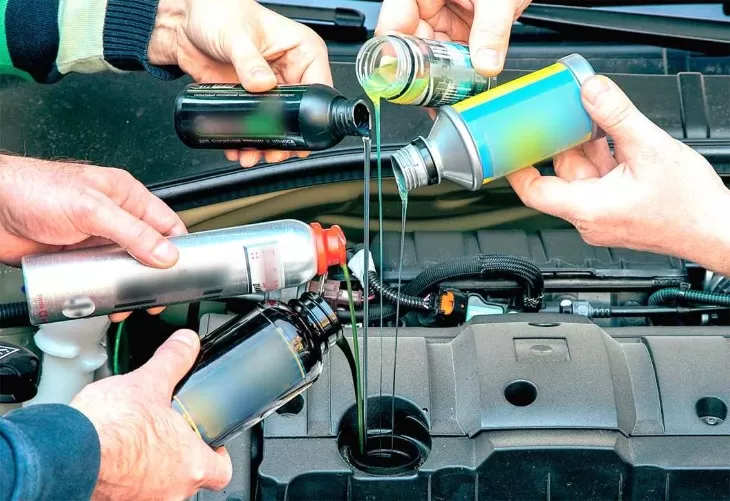
How additives help your car's transmission
Aftermarket additives can upset the chemical balance set by fluid oil manufacturers and degrade performance. Your best bet is to find a mechanic and fix the problems that might be in the transmission and thus avoid wasting money on products that might not work.
Gear oil performs some vital functions in the system. It acts as a hydraulic fluid to help shift gears, protect gears and bearings from wear, remove heat, and provide frictional properties for smooth, consistent shifting.
However, transmission oil deteriorates over time, especially if the transmission gets very hot.
Transmissions get hot when we use our vehicles to tow or transport goods. However, transmission additives are designed to restore the fluid properties responsible for providing the correct frictional properties, thermal stability and other benefits.
Even seals and gaskets can harden, crack and leak. But some additives are even designed to soften and swell worn seals, supposedly fixing leaks caused by hot oil and time.
Some transmission additives are very demanding and promise the following benefits:
– Releases stuck valves for improved shifting
– Fixes transmission slippage
- Restores smooth shifting
– Stops leaks
– Condition of worn seals
However, there are opinions that tell us that transmission additives are not what they promise, and that they do not work very well for transmission fluid.
“Testing has shown that some additives can improve, for example, vibration resistance for a short time, but this is short-lived and performance quickly drops below industry standards,” said mechanical engineer Matt Erickson, AMSOIL vice president of product. Development.
In other words, automotive transmission additives may improve performance in the short term, but transmission performance may degrade over time.
:
